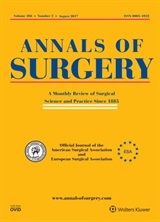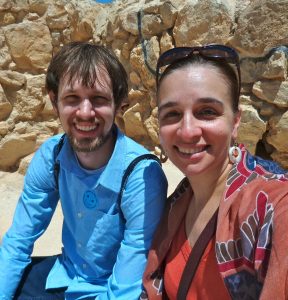 When economist Jason Hockenberry looked at data comparing some of the financial issues facing different U.S. hospitals, he was surprised by what he saw.
When economist Jason Hockenberry looked at data comparing some of the financial issues facing different U.S. hospitals, he was surprised by what he saw.
Hockenberry was examining the effects of a recently introduced U.S. program that penalizes hospitals with relatively high rates of readmissions for certain conditions by reducing Medicare payments. Although Hockenberry expected hospitals that serve low-income and uninsured patients to have more readmissions (and therefore more penalties), he saw these so-called “safety-net hospitals” had been steadily improving their performance since the program began in 2012, and had faced fewer penalties over time.
The results were so striking, they ended up in JAMA on April 18, 2017. But within one week after publication, Hockenberry learned outside researchers had raised questions about the analysis.
The outside researchers thought the authors had incorrectly categorized some of the safety-net hospitals. After looking into their concerns, Hockenberry — based at Emory University in Atlanta — realized the analysis did contain errors that affect the findings. This week, he and his co-authors retracted the article, replacing it with a corrected version. The new paper still reports that the gap between the penalties faced by safety-net and non-safety-net hospitals is closing — but not for the reasons they initially thought.
Continue reading “A gut-wrenching experience:” Authors retract, replace JAMA paper



 The Annals of Surgery has retracted a paper that used only male pronouns to describe surgeons following outcry from readers.
The Annals of Surgery has retracted a paper that used only male pronouns to describe surgeons following outcry from readers.
 A patient’s “unusual” brain cyst excited several researchers in China so much they published a paper about it in a major journal. Soon a reader identified a glaring mistake: the authors had described the cause of the cyst incorrectly.
A patient’s “unusual” brain cyst excited several researchers in China so much they published a paper about it in a major journal. Soon a reader identified a glaring mistake: the authors had described the cause of the cyst incorrectly. 
 Sometimes, even a short notice catches our attention.
Sometimes, even a short notice catches our attention. A Rutgers computer scientist is retracting conference proceedings via an unusual channel: his personal blog.
A Rutgers computer scientist is retracting conference proceedings via an unusual channel: his personal blog.